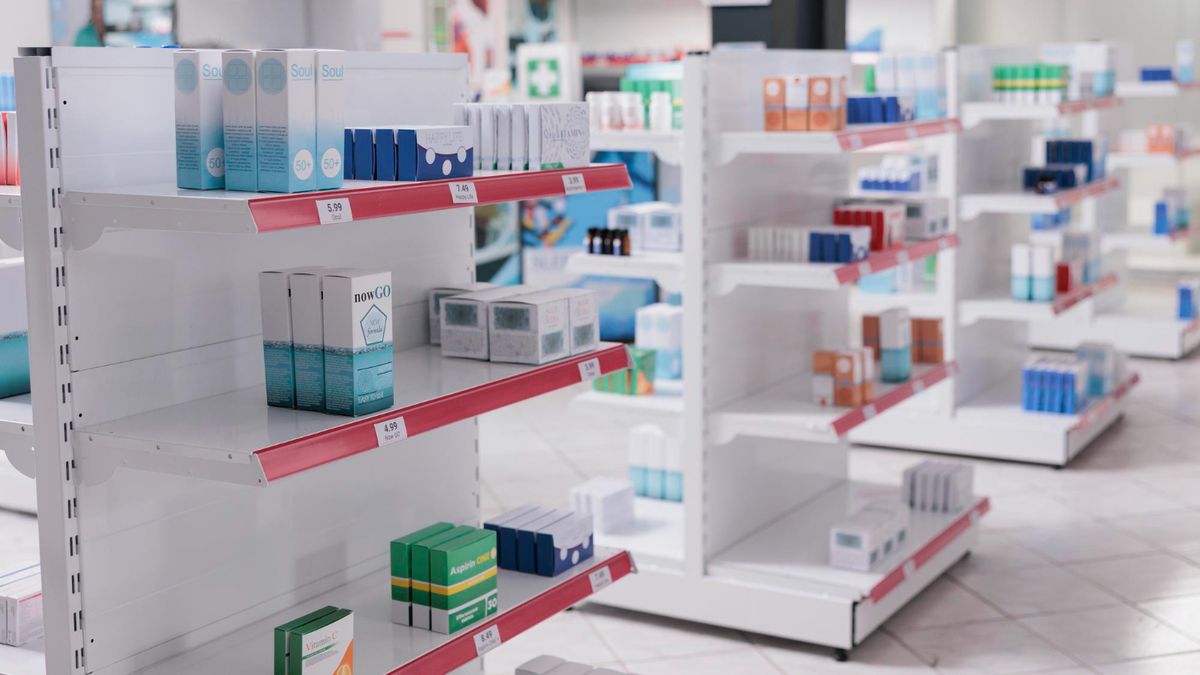A suitable term has already been found: “Shrinkflation” – less content for the same price. Many consumers want to be informed of this – directly on the supermarket shelf.
In a survey, a large majority of consumers in Germany expressed their support for information about so-called deceptive packages on supermarket shelves. “Deceptive packaging” refers to the practice of offering products with less content at the same or even higher price.
In a representative Yougov survey, 77 percent of those surveyed were in favor of supermarkets putting appropriate notices on shelves to identify “deceptive packages” for customers. 13 percent would reject this, 10 percent did not provide any information, as Yougov also reports. Approval of information is highest among respondents aged 55 and over (87 percent). According to its own information, Yougov surveyed 2,360 people aged 18 and over in Germany on September 21st.
Warning about “shrinkflation”
Stiftung Warentest recently warned of hidden price increases – “shrinkflation”, i.e. shrunken contents in barely noticeably changed packaging, often at the same price. The term combines the English word “to shrink” with “inflation”.
The French supermarket chain Carrefour recently announced that it would use stickers on a number of food products to warn of hidden price increases. “Shrinkflation, the weight of this product has decreased and our supplier’s price has increased,” read the stickers that Carrefour wanted to put on packages of coffee, chips, mayonnaise and iced tea.
Carrefour has thus anticipated a draft law with which the French government would like to oblige the industry to clearly indicate on products if the contents of the same package are reduced.
Source: Stern




